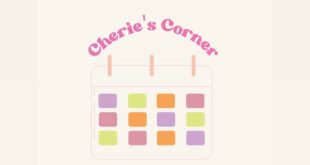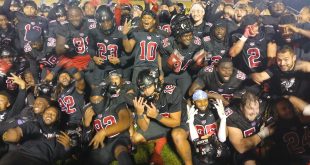Written by Olivia McLean
Growing up, I remember watching movies that had the “typical” family. There was a mom who stayed home and took care of the house and children, a dad who went to work (usually a mechanic or office job) and 2 kids—a boy who played sports outside with his friends and a girl who played with her dolls.
Gender roles are defined as the overt expression of a person’s gender identity. They are seen as behavioral norms that are expected of people of a certain gender and to some, can also be seen as stereotypes that are usually placed upon a gender as a whole. How someone dresses, what job he or she has and even their personality traits are factors that people look at when determining these roles.
An example of a stereotypical gender role would be that women are emotional. People believe that women cry a lot and are unstable during stressful situations. Because this is considered a behavioral norm, it isn’t much of a shocker to people when they hear about their mom, sister, wife or best friend crying.
Contrarily, another stereotypical gender role would be that men are not emotional. Men are seen as tough and protecting, therefore showing too much emotion is considered “weak.”
Who’s to say how a man or woman should display themselves in public?
At one point in time, it was unheard of for a woman to be an engineer, mechanic or lawyer because they were “manly jobs” just as it was unheard of for a man to be a hairdresser, stay-at-home dad or elementary school teacher because they were “girly jobs.”
Similarly, young boys are expected to be interested in sports and video games while girls are expected to be interested in shopping and all things pink. If kids are kept in this bubble of what they’re “supposed to” do and how they’re “supposed to” think, there’s sure to be conflict when they grow up and begin to discover who they are.
Although some may argue that gender roles are beneficial in keeping a steady criterion for people in society, the only outcomes I see are lots of confusion and suppressed expression of who we, as humans, truly are.
 The Spectator The independent student newspaper of Valdosta State University
The Spectator The independent student newspaper of Valdosta State University



